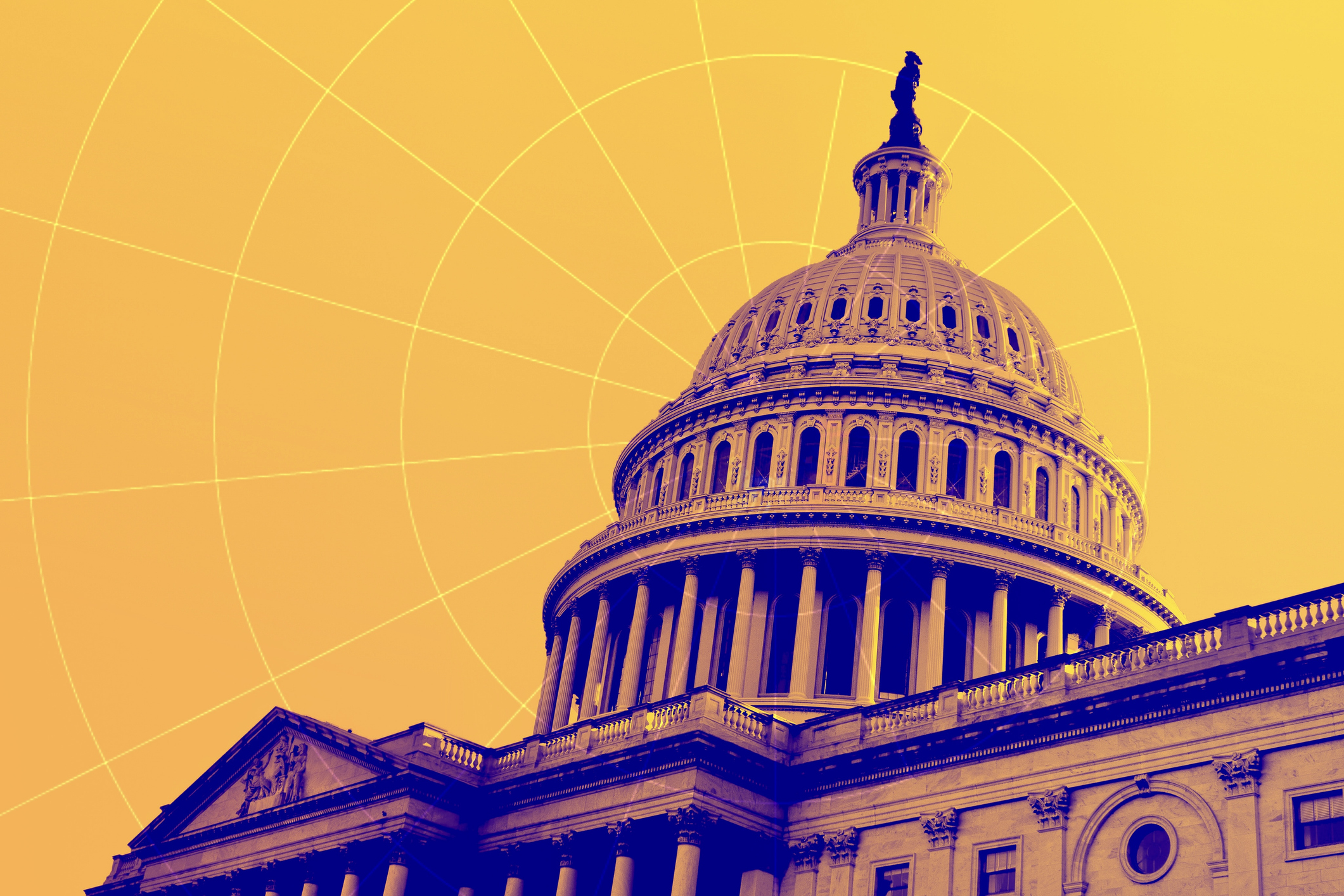Businesses still don’t know who’s accountable for AI at executive level
Executives are unclear on where the buck stops in terms of AI management


Executives are divided over AI responsibility and most organizations lack guidance on the technology at a C-suite level, according to a new report from Gartner.
In a survey based on responses from more than 1,800 executives, only 25% of those surveyed said they could identify who in their organization was “primarily accountable” for AI initiatives and delivery.
These respondents said that the CIO was primarily accountable, while 16% named their organization’s “AI leader” as responsible. Similarly, 12% named their “business unit leader”. Notably, 12% also responded that they were “unsure” or that they felt the question was not applicable.
Accountability is evidently spread out, according to Gartner, and the decentralized or siloed nature of some organizations creates confusion as to where responsibility for AI initiatives lies.
“AI and GenAI are complex and far-reaching and touch every job, activity and strategic conversation in the organization,” said Gartner’s Frances Karamouzis.
While more than half (54%) of respondents did indicate that their organization had a “head of AI,” indicating some level of executive direction, 88% noted their AI leader did not have C-suite status.
Gartner said this is because most boards “do not want to expand the C-suite” and, as executives take direction from their board, this restricts the likelihood of an AI-specific role coming into play.
Sign up today and you will receive a free copy of our Future Focus 2025 report - the leading guidance on AI, cybersecurity and other IT challenges as per 700+ senior executives
Businesses could benefit from executive guidance on AI
As AI continues to gather steam, many businesses are beginning to consider the advantages of defining a specific C-suite role for AI initiatives, often dubbed the Chief AI Officer (CAIO).
The benefit here is that an organization can more effectively craft an AI strategy without creating more work for existing executives, though Karamouzis was careful to point out that C-suite status is not necessarily vital.
Those “responsible for orchestrating AI” at an organization don’t need “a title at the altitude of the C-suite,” Karamouzis said, despite businesses needing a clearer direction on development of the technology.
Businesses do, however, need an AI board according to Karamouzis, despite the fact that organizations are divided on the topic.
RELATED WHITEPAPER

“Enterprises need an AI board to transcend the multidisciplinary challenges to drive value and reduce risk,” she said.
“However, the duration, scope, and resourcing is context-specific and use-case dependent. For some, it’s a short-term, stopgap measure. For others, it’s a longer-term change to their operating model.”
When respondents were asked to identify the three key focuses of an AI board, 26% highlighted governance while 21% pointed to strategy, clearly suggesting the extent to which executives appreciate the need to manage AI.
“AI board member composition should have representation from multiple disciplines and cross business units,” Karamouzis said.
“It’s up to each organization to determine the best approach to drive speed and agility within their organization to ensure that the board does not get unwieldy and unproductive due to inability to meet or drive consensus,” she added.

George Fitzmaurice is a former Staff Writer at ITPro and ChannelPro, with a particular interest in AI regulation, data legislation, and market development. After graduating from the University of Oxford with a degree in English Language and Literature, he undertook an internship at the New Statesman before starting at ITPro. Outside of the office, George is both an aspiring musician and an avid reader.
-
 The UK AI revolution: navigating the future of the intelligent enterprise
The UK AI revolution: navigating the future of the intelligent enterpriseAs AI reshapes industries and societies, decision-makers in the UK face a critical choice: build a sovereign future or merely import it.
-
 Turning the UK AI revolution into a sovereign reality
Turning the UK AI revolution into a sovereign realityThe UK AI Revolution documentary series posed difficult questions about AI’s hype, control, and future. Now, IT leaders must find the architectural answers
-
 Nearly half of all digital initiatives still fail – here’s how you can learn from the ‘digital vanguard’ and deliver success
Nearly half of all digital initiatives still fail – here’s how you can learn from the ‘digital vanguard’ and deliver successNews With most digital initiatives are failing to deliver, CIOs are urged to work more closely with other executives
-
 IT services spending set to surge in 2025 as CIOs shift to AI partner solutions
IT services spending set to surge in 2025 as CIOs shift to AI partner solutionsNews Organizations are set to shift from buying generative AI solutions to implementing partner solutions, according to Gartner
-
 Gartner reveals the top trends for government technology use in 2024
Gartner reveals the top trends for government technology use in 2024News Five key areas that public sector CIOs will need to address to improve citizen services
-
 Return to office mandates can be divisive - here are three things business leaders can do to help smooth the transition
Return to office mandates can be divisive - here are three things business leaders can do to help smooth the transitionAnalysis With return to office mandates having sparked major spats between workers and employers, leaders need to consider how they can make changes attractive and effective
-
 Global IT spending set to reach $5 trillion in 2024 amid optimistic industry outlook
Global IT spending set to reach $5 trillion in 2024 amid optimistic industry outlookNews IT spending growth in 2024 is expected to be more than double that of 2023
-
 What will drive IT spending in 2024?
What will drive IT spending in 2024?In-depth Generative AI spending is unlikely to be high despite the hype, but sustainable technology will become a bigger priority.
-
 Half of jobseekers turned down offers last year amid growing demands on employers
Half of jobseekers turned down offers last year amid growing demands on employersNews An increasingly competitive talent landscape means employers are being forced to offer a wider range of incentives
-
 Worldwide IT spending to grow 4.3% in 2023, with no significant AI impact
Worldwide IT spending to grow 4.3% in 2023, with no significant AI impactNews Spending patterns have changed as companies take an inward focus